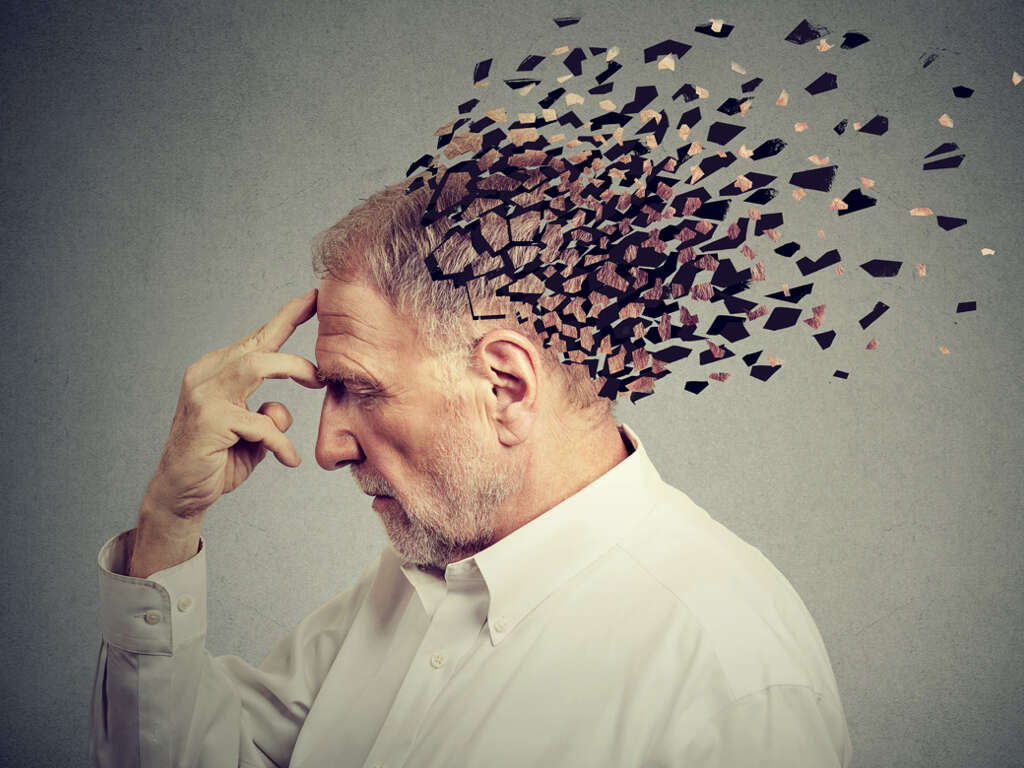Why Do We Dream?
Dreaming is something that has fascinated us for as long as man has been on Earth. They are often sometimes so vivid that, in the past, some people have been convinced that they are more than just our minds being active as we sleep. Some people are convinced that dreams are portents of the future, or even a glimpse into other dimensions.
The truth is that it is likely to be something not quite so fanciful, but rather a process that helps our mind to process all the information it has taken in. With something so abstract, we might never be able to get to an objective answer to exactly what dreams are, but we do have some ideas of why we dream.
1. We All Dream
Some people seem to dream more than others. Some will dream every night, while others will barely dream at all. Or, at least, that is the way it seems to be. The reality is that we all dream, every night, and we all dream somewhere between 3-6 times every night. Each dream that we have will last for around 5-20 minutes.
People that seem to dream more simply remember dreaming more than other people do. Indeed, around 95% of all dreams are forgotten shortly after we have woken up. In some instances, people may be able to remember certain parts of a dream for weeks or even months after the dream took place.

2. Therapy
Life can be pretty tough going at times and there can be so much going on. This will often include emotional situations that can be difficult to cope with and we will often need to find answers that will help us to solve problems that we are faced with.
Sleeping could be a form of therapy that helps us to deal with difficult situations in life. It is thought that while we are asleep, our brain is able to make connections that we are unlikely to make when we are awake. This can help us to understand our feelings better and might even be able to enable us to find solutions to problems.
3. Training
For us, survival is largely a case of going to work in order to make money so we can pay the bills. It has not always been that way for humans, however. There was a time when we lived in the wild and faced all the dangers that other wild animals do including predators.
The flight or fight response is a survival instinct that means we instantly choose between trying to escape and standing our ground. The part of the brain responsible for controlling this response is the amygdala, and it is more active when we are dreaming. It might be that dreaming will help to train us in preparation for dealing with situations in the future.

4. Subconscious Desires
The brain is so incredibly complex that we are sometimes not even aware of our own thoughts and wishes. We all have a subconscious that we seldom delve into knowingly. Instead, it tends to remain passive, occasionally influencing our decisions and actions without us even being aware it is having any influence at all.
It is also thought that we each have certain desires that reside hidden away in our subconscious. It might be that dreaming is a way for our subconscious to act out on its desires. This might explain why many of our dreams are rather exotic, and even erotic.
5. Random Signals
Our brain relies on electrical signals to let it know what is happening around us. Once it has processed these signals coming from the body, it will then send signals out itself, helping our bodies to act accordingly to whatever is around us.
With so many signals flowing through the body at any one time, it is understandable that these will sometimes become confused. Some people believe that dreams are simply an interpretation of random signals that are flowing through the brain. This might explain the often-random nature of the dreams that we do experience and the way that they can suddenly change course for no apparent reason.

6. A Canvas
Human beings are very creative animals. We have been able to think up wonderful stories of amazing characters in lands that don’t exist, while our imagination has also been able to take us to the moon and, one day, maybe even to other planets.
When in the waking world, however, we are still constrained by logic and the laws of science. When we are dreaming, however, these constraints are lifted, and anything goes. This could provide us with a canvas that allows us to examine our imagination even further, helping us to think outside of the box and break down boundaries.
7. Memory Storage
We take for granted just how many things we remember, but our capacity for storing memories is quite remarkable. We are even able to recall memories from when we were young, and at an instant. In order for us to be able to access these memories, however, we must first be able to process them.
Dreams are thought to be caused by our brain processing events so that they can be stored away for safe-keeping until they are needed at a later time. Doing this in our sleep might mean that the brain is able to focus on the task of processing information without interference from the outside world.

8. Dream Lag
When dreaming, we will occasionally recall an event that happened a few days, or maybe a week, beforehand. This is a phenomenon known as dream lag and it is thought that it could be down to how memories become hard-coded into our brains.
Studies show that around 65% of our dreams are a reflection of something that has happened in our waking lives. Up to 2% of dreams will be a reenactment of the event itself. Regardless, it is thought that certain events will not appear in dreams until the process of having them hard-coded into the brain has been completed.
9. Nightmares
Most dreams are not scary. Indeed, many are even pleasurable. Sometimes, however, we will experience what are known are nightmares. They are more common in children but most of us grow out of them eventually. Approximately 2-8% of people still experience the phenomenon well into their adulthood.
Nightmares are dreams in which the patient is in a dangerous situation, such as being in a precarious position on a tall building. There are also night terrors that are not actual dreams, but the patient wakes up feeling terrified with no recollection of why. You are more likely to experience them when you eat before sleeping because the extra energy will help to stimulate the brain.
10. Lucid Dreaming
Lucid dreaming is a phenomenon where we are fast asleep and dreaming, yet we are also aware that we are in a dream. This gives the dreamer the ability to consciously alter their dreams, putting them in a fantasy world of their own liking. The movie Inception is one portrayal of the phenomenon.
Pretty much anybody can dream lucidly, but it does often take training. Patients will need to train themselves to do things like looking at a clock when they are awake in a way that encourages them to do the same in their sleep. If they look at the clock and it does not appear to be normal, they will know that they are in a dream.











